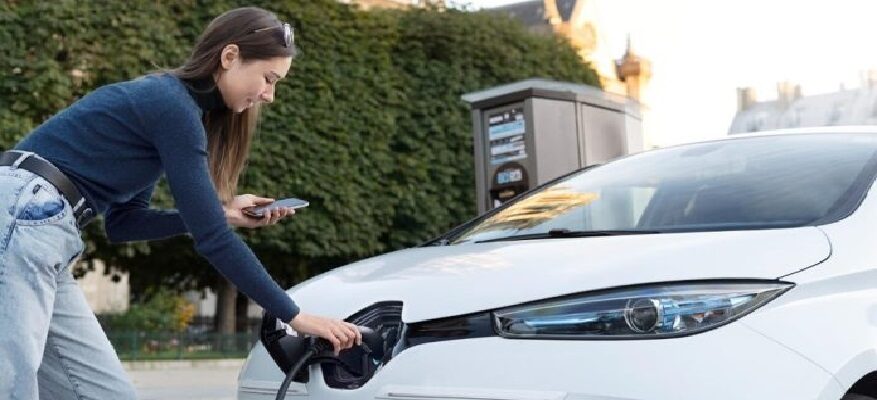In the rapidly evolving world of automotive technology, electric vehicles (EVs) represent a significant shift away from traditional gasoline engines toward more sustainable modes of transportation.
This transition not only impacts how we drive but also how we manage the costs associated with driving, including car insurance.
Electric cars introduce a new set of dynamics that both consumers and insurers are navigating. This article explores the profound impact of electric vehicles on car insurance and offers insights for potential and current owners.
Insurance Premiums for Electric Cars
Electric vehicles come with different insurance dynamics compared to their gasoline counterparts. Typically, insurance premiums for EVs might be higher initially.
This can be attributed to their high-tech components, particularly the cost of the battery systems, which are expensive to replace or repair. Insurers consider these factors when setting premiums.
However, as technology advances and becomes more common, these costs are expected to reduce.
Safety Features and Their Impact on Insurance
One of the significant advantages of electric vehicles is their array of advanced safety features. Many electric cars come equipped with autonomous driving capabilities, emergency braking systems, and comprehensive driver-assist technologies.
These features significantly enhance vehicle safety, potentially reducing the likelihood of accidents. Insurance companies often recognize these advancements and may offer lower premiums to reflect the reduced risk.
The Role of Location and Charging Infrastructure
The geographic location of an electric vehicle owner can significantly influence insurance costs. In regions with well-developed EV infrastructure, such as abundant public charging stations, insurance premiums may be lower.
These areas reduce the risks associated with electric vehicle ownership, such as range anxiety and the scarcity of charging options. Conversely, in areas with inadequate EV infrastructure, insurers might impose higher premiums due to increased risks.
Battery Life and Replacement Coverage
One of the unique aspects of insuring electric vehicles is accounting for the battery’s life expectancy. As the battery represents a significant portion of the vehicle’s value and functionality, insurers are now offering specific coverage for battery replacement.
Battery performance can decline over time, which might affect the vehicle’s operating range and overall efficiency. Insurance products that cover battery life ensure that owners are not out of pocket if their vehicle’s battery fails sooner than expected.
Future Trends in Electric Car Insurance
The insurance industry is rapidly adapting to the rise of electric vehicles. Future trends indicate that insurers might develop more tailored products, including customized policies based on actual vehicle usage, which could leverage telematics data to track driving behavior.
Furthermore, as more autonomous and semi-autonomous features are incorporated into electric vehicles, insurers are exploring new models to address these technological advancements.
Conclusion:
The advent of electric cars is not just transforming the automotive industry but also reshaping the landscape of car insurance.
With unique considerations such as high-tech features, battery life, and enhanced safety mechanisms, electric vehicles require owners and insurers to approach car insurance differently.
As the market for EVs continues to expand, both insurers and consumers must stay informed and adaptable to navigate this new terrain effectively.


